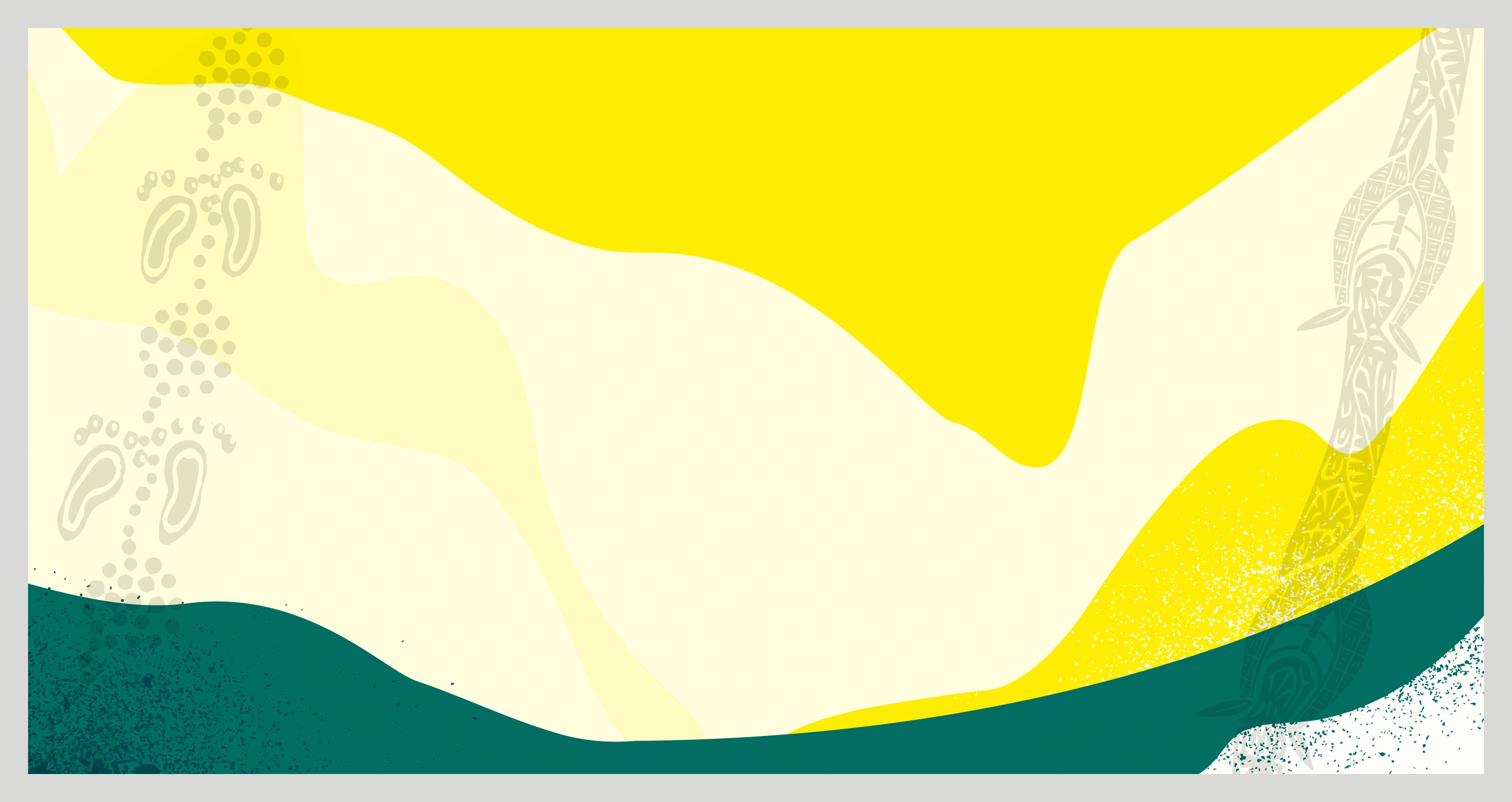
HAVE A GO AT OLYMPIC SPORTS
HAVE A GO AT OLYMPIC SPORTS

Games Debut
Tokyo 2020
Most Games Appearances
Julian Wilson - 1 Games
Owen Wright - 1 Games
Tyler Wright - 1 Games
Stephanie Gilmore - 1 Games
Sally Fitzgibbons - 1 Games
Molly Picklum - 1 Games
Jack Robinson - 1 Games
Ethan Ewing - 1 Games
Events
Surfing Men's Open
Surfing Men's Shortboard
Surfing Women's Open
Surfing Women's Shortboard
Ever since Hawaiian surfing legend Duke Kahanamoku hit Australian shores in 1915 surfing has exploded, becoming an iconic part of the national sporting landscape as well as a part of this nation’s way of life. With its deep connection to the Australian national identity, we have a storied history of success in the sport, with world champions inspiring more and more Australians to get involved.

At the first ever World Surfing Championship in 1964, held at Manly Beach in NSW, Australia took out both the men’s and women’s titles, with Midget Farrelly and Phyllis O’Donnell creating history to become surfing’s first world champions. This set a precedent that would continue into the modern day, with Australia consistently producing competitors of the highest calibre.

Aussie men have performed well throughout the sport’s history, producing several world champions. Mark Richards was the first Australian multiple title winner, taking out each of the championships from 1979 to 1983.
He was followed by Tom Carroll, Damien Hardman, Mark Occhilupo and most recently, Mick Fanning and Joel Parkinson. Of these, Fanning is the most renowned. Fanning has won three world titles, his first coming in 2007, and is an icon in Australia, his stature in the country cemented by a close encounter with a shark during a competition in 2015.
While the Aussie men have enjoyed plenty of success, Australian women have done even better. Layne Beachley was one of the nation’s most dominant athletes in any sport winning seven of nine world championships, including six consecutively from 1998 to 2003.

Beachley has been inducted into the Surfing Hall of Fame and the Sport Australia Hall of Fame and, along with Fanning, has been appointed as an Officer of the Order of Australia. Taking the torch from Beachley, Steph Gilmore has carved out an equally impressive career, producing seven world titles from 2007 to 2018.

The Aussie women won 17 of the 21 world championships between 1998 and 2018, with Chelsea Georgeson winning the title in 2005 and Tyler Wright taking out back-to-back World Surf League Tour Championships in 2016 and 2017.
For surfing’s Olympic debut at Tokyo 2020, Australia qualified a full team of four, including Owen Wright, who had suffered a devastating brain injury in 2015 during a surfing competition. He would be Australia’s best with a narrowly won bronze medal, defeating Brazilian Gabriel Medina. In the women’s, Sally Fitzgibbons placed equal fifth and eight-time World Surfing League champion Stephanie Gilmore was equal ninth.

Surfing was one of four sports to make its Olympic debut at Tokyo 2020. The sport is returning for the Paris 2024 Olympics, where the competition will be held in Tahiti.
Surfing is scored by a panel of judges, who measure a surfer’s ride by analysing the degree of difficulty, level of innovation, and the number and intricacy of manoeuvres performed on each ride. Each surfer is free to catch as many waves as they can within the allotted time and their two highest scores are totalled to calculate his/her final score. The winner is the person who scores the most points.
Given the dependence on catching waves in natural surf conditions, the ability of a competitor to read and adapt to the conditions is crucial to their success.
To earn a high score, a rider must perform with fluidity and grace, while also attacking waves with speed and power. The combination of these two seemingly conflicting properties makes for one of the most exciting spectator sports in the world today.

The Australian Olympic Committee acknowledges Aboriginal and Torres Strait Islander peoples of this nation.
We acknowledge the Traditional Custodians of all the lands on which we are located. We pay our respects to ancestors and Elders, past and present.
We celebrate and honour all of our Aboriginal and Torres Strait Islander Olympians.
The Australian Olympic Committee is committed to honouring Aboriginal and Torres Strait Islander peoples’ unique cultural and spiritual relationships to the land, waters and seas and their rich contribution to society and sport.
We and our partners use cookies and other tracking technologies to manage our website, understand and track how you interact with us and offer you more personalized content and advertisement in accordance with our Cookies Policy. By clicking "Accept All Cookies" you agree to such cookies, which are being implemented by the International Olympic Committee ("IOC") in accordance with the IOC's Privacy Policy and the IOC Cookies Policy. Otherwise and if you wish to learn more about our use of cookies click here.
Show more